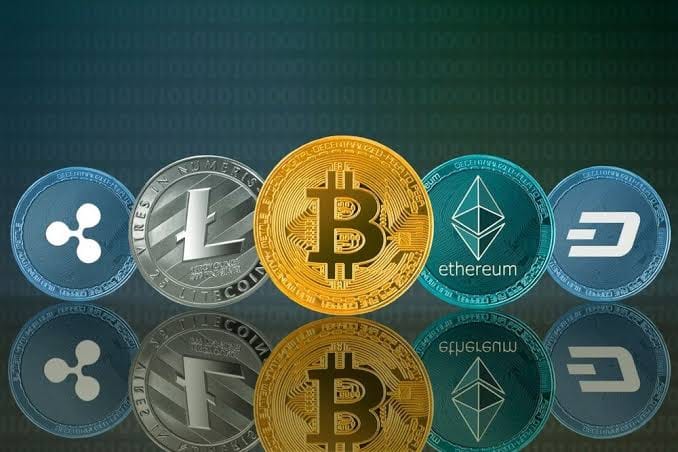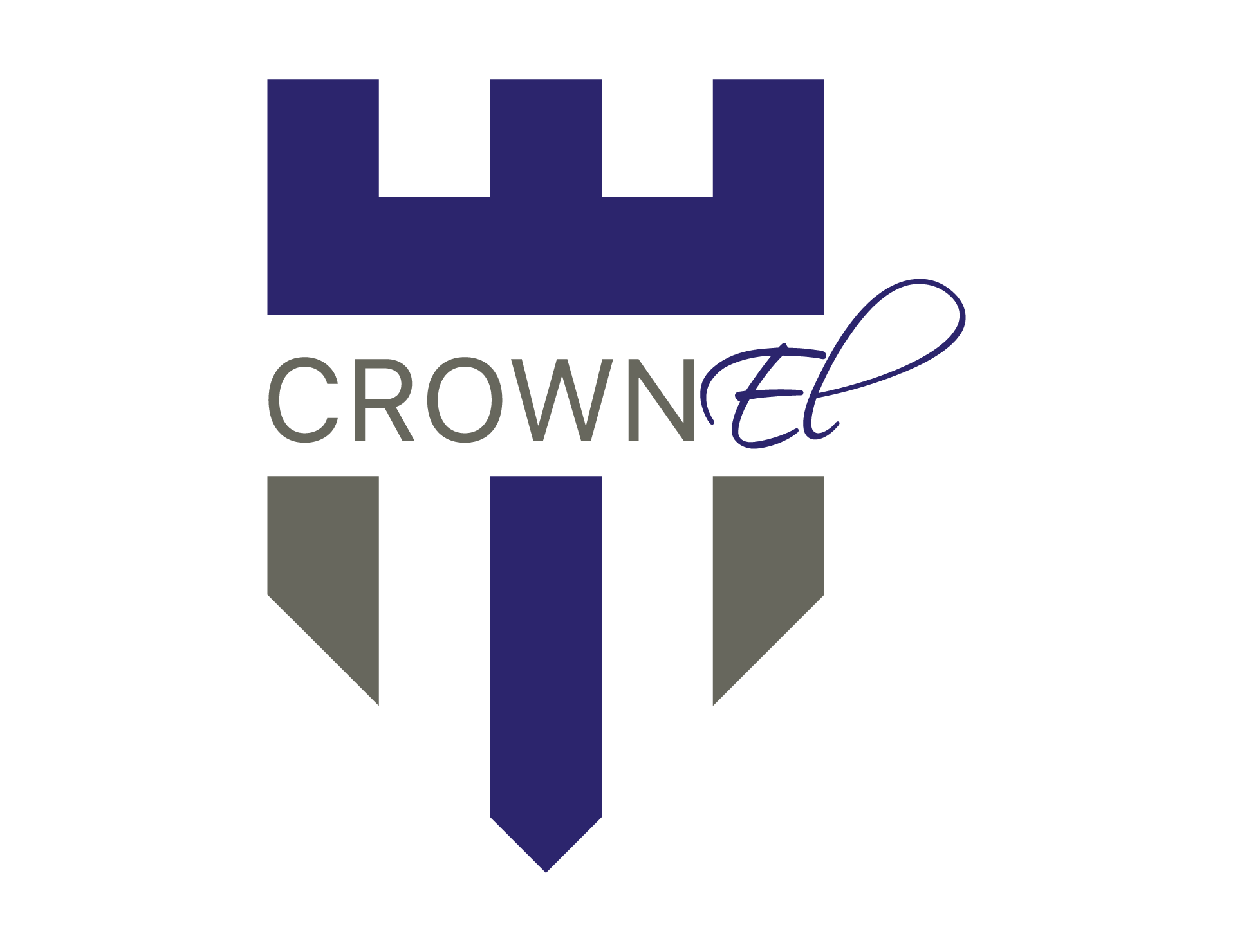News and Insights
Find the latest publications from the team
CRYPTOCURRENCY: AFRICA AND THE DIEM
By Ritah Habasa – Owemikisa| 28 October 2021
Before the invention of money there was barter trading-a form of exchange without the use of a monetary medium such as coins, paper cash or electronic cash. This posed a big challenge of the possibility of a mismatch between the seller’s and the buyer’s need. As humanity civilization advanced, barter trading was replaced with commodity money (something of universal value like salt, tea, spices, cloth, tobacco, seeds and skins among others).

The inconvenience of this method caused by the deterioration of the commodities and difficulties in transportation made it unbearable; thereby calling for the subsequent introduction of official monetary currency like coins and paper money . Since then, the evolution of money has made incredible leaps and bounds, taking form of plastic cards and lately, virtual decentralized currency including cryptocurrencies.
A crypto currency is a digital asset designed to work as a medium of exchange that uses strong cryptography to secure financial transactions, control the creation of additional units, and verify the transfer of assets. As assets, cryptocurrencies are created using a distributed ledger (blockchain) and peer-to-peer review and are generally stored in digital wallets, commonly a blockchain wallet, which allows users to manage and trade coins. Cryptocurrencies use decentralized control as opposed to centralized digital currency and central banking systems and as such are not issued, regulated or backed by a central authority like a bank. One such kind is the Bitcoin which uses blockchain technology to facilitate payments and digital transactions that you can use to buy, sell, and exchange directly without an intermediary like a bank. It is also considered the first crypto currency created and the best known crypto currency of the more than 5000 crypto currencies in existence.
On 8th June 2019, Facebook unveiled its plan to launch its new block chain and crypto digital currency, Libra in the first half of 2020. Facebook subsequently relinquished Libra’s control to the Diem Association which renamed it Diem. This project dubbed ‘white paper’ aims to marry blockchain technology with accepted regulatory frameworks. Its operationalization was eventually pushed to a later date pending project approval from the Swiss Financial Market supervisory Authority to operate as a payments service. Although initial plans involved creating one synthetic coin backed by several currencies, various global regulators expressed their concerns over possible creation of monetary instability through interference of monetary sovereignty and monetary policies if the network scaled and large domestic payments could be made with this currency. This resulted in another plan to launch digital versions and a digital composite of these varied currencies thereby augmenting the Diem network by including single-currency stable coins in addition to Diem. Early this year, the Diem Association abandoned its bid to secure an imprimatur of regulators in Switzerland and moved to the U.S. It is worth noting that this digital currency project is not backed by any central bank but by Facebook.
In most economies, the currency is the anchor that holds the economy all together and a strong economy is generally characterized by a strong currency. As such, the sovereignty of a nation is attached to its control of its money. The Diem Association proposes a scenario where initial investors will create a pool of assets – constituting the reserves- onto which Diem will be pegged. The dollar denominated stablecoin prices are often pegged at a one-to-one ratio to a stable asset, such as the U.S. Dollar to avoid volatility of other cryptocurrencies. For Diem to be created, there needs to be a corresponding basket of stable assets which would facilitate international transactions without worrying about foreign exchange rates. The Diem association argues that this will allow people and businesses in the regions whose local currencies have single-currency stablecoins on the Diem network to directly access a stablecoin in their currency.
Each single-currency stablecoin will be fully backed by the Reserve, which will consist of cash or cash equivalents and very short-term government securities denominated in that currency. This has been backed by several large financial companies and corporate giants like Visa, MasterCard, PayPal, Stripe, eBay, Booking, and Uber. The long-term goal is to work with regulators, central banks, and financial institutions around the world to expand over time the number of single currency stablecoins available on the Diem network. However, the United States House of Representatives Committee on Financial opted for a moratorium on the Diem rollout and are currently in close consultation with US regulators.
While Diem’s Chief Executive asserts that this blockchain based payment system will be faster and cheaper and faster than existing payment and transfer systems, even as consumers are protected and safeguarded against financial crime, it is noteworthy to address some of the likely concerns that might arise:
To begin with, there are serious questions around users’ privacy-even that of African users. One of the key concerns with the Facebook backed digital currency was that Facebook already has an enormous amount of data of its users and that with this cryptocurrency in place, they could have extended their database with users’ transaction records, which would also require KYC (Know Your Customer) Information resulting into privacy concerns. These apprehensions were aggravated by the fact that Facebook does not have a good reputation concerning data privacy and safety. A case in point is the Cambridge Analytical personal data scandal where Facebook was fined $5 Billion as a result of a personality quiz application that was developed for Facebook by a researcher named Aleksandr Kogan.

This application heavily influenced a similar personality quiz application made by Psychometrics Centre, a Cambridge University laboratory where Kogan worked. About 270,000 people installed the application on their phones, but as with any developers at the time, Kogan could access data about those users or their friends. When Kogan’s app asked for that data, it saved that information into a private database instead of immediately deleting it. Kogan then provided that private database,containing information of roughly 50 million Facebook users, to the voter profiling company Cambridge Analytica which then used the information to make 30 million ‘psychographic’ profiles about voters which is in itself data misuse, even though no systems were infiltrated, and neither were passwords nor information stolen or hacked.
Given the continuously emerging Data Privacy Laws in Africa such as the Data Protection Act of Uganda, 2019, questions arise as to how the Diem currency processes meet the standards of the different laws especially if the Diem has failed to explicitly assure the public of any information handling processes that will be in place to secure and protect personal information. Will the Diem manage to meet the privacy expectations of their own users; as well as the different African jurisdictions in guaranteeing that user information will not be shared without explicit consent and that all personal data will be adequately secured by all the parties in the Diem network?
Secondly, Diem’s functionality is largely tied to social media access and dominance. Unfortunately, social media penetration in Africa is still relatively low, with its penetration in Northern Africa at 45%; 41% in Southern Africa; 16% in Western Africa; 8% in central Africa; and 10% in East Africa.Moreover, it appears to be common practice for several African countries to curtail social media activities every now and then, and yet Diem’s success will depend on the accessibility of social media. An example is the recent countrywide disruption of digital platforms following an indefinite ban on Facebook total internet shutdown that took effect on January 13,2021, a few hours to the 2021 general elections in Uganda. In such instances where the Diem Association may not have control over government clampdowns, business continuity remains uncertain.
Thirdly, as a centralized and permissioned blockchain-based payment system, African countries might not have sight of the system as a whole, given that it is controlled by a select predefined validator nodes, who are under the governance of members of the Diem Association. In various African countries, central banks play the role of regulating and controlling the money; as well as the money supply. African governments and Central Banks therefore risk conceding more control to a digital colonial version of the internet and its owners, which is in a way a new form of neocolonialism.
Still, the proposed digital currency also poses the risk of wiping out the providers of mobile payment systems which is currently a booming business in Africa, thereby frustrating local financial innovative initiatives in Africa. Currently, Africa is the globalleader in mobile money which has now become prominent among the available financial services on the continent, which will be compromised if the Diem currency breaks even in the Continent.
Lastly, because crypto-currencies aren’t backed by government guarantees, its holders may fully be exposed to the risk of loss resulting from uncertain fluctuation in value or diminishing value if they cannot be exchanged for legal currency. Currently, the government of Uganda does not recognize crypto-currency as legal tender, and neither is any organisation licensed to sell crypto-currencies or facilitate its trade.
From the foregoing, I urge central banks, politicians, and other concerned stakeholders in Africa to swiftly coordinate regulatory responses to the new risks of private currencies like Diem that seek to move into the African Continent, as any money system whose goal is to reform the global monetary economy ought not to be owned, managed, or promoted by the private sector as would be the case with Diem.
Connect
